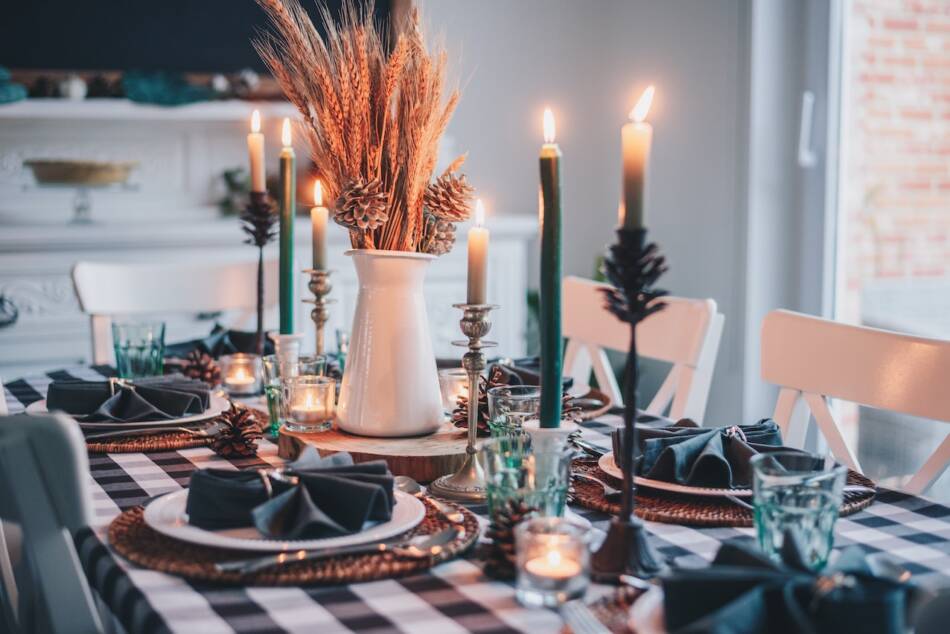In the spring of 2020, the world as we knew it shut down. We stayed home, we transitioned to working online, and our social schedules were emptied. For all intents and purposes, everything STOPPED. We stopped going to playgrounds, eating out, going to movies, and traveling. It all came to a grinding halt, except for one notable thing: celebrating.
We didn’t stop celebrating.
If you had a birthday during that time, your birthday wasn’t canceled. If you were supposed to graduate during that time, your family didn’t ignore the milestone. If you had a baby during that time, friends still sent food and gifts.
No, we didn’t stop celebrating. Instead, we just celebrated differently. We had birthday parades, parties on Zoom, and baby showers in driveways. It’s as if it never occurred to us that because we couldn’t gather together physically, that we had the option to simply stop celebrating.
And there’s a reason for that. Even though celebrating is not a basic necessity, there is something deep inside of us that is compelled to celebrate in whatever way we can, no matter the circumstances, because it was put in us by God. When we look at Scripture, we see a thread that not only runs throughout the whole Bible, but bookends it from start to finish, and that is the theme of celebration:
- The beginning of Scripture: In Genesis 1, God creates the world and everything in it. He completes this work in six days, at which point He “sees all that he had made—and it was very good!” (v. 31). Then, He sets about the work of enjoying what He has made by resting. In short, God begins by celebrating.
- The beginning of Jesus’ ministry: Jesus inaugurates His earthly ministry with a miracle, but not the kind of miracle you might expect. Jesus could have healed the sick or fed the hungry. He could have walked on water or raised the dead. Instead, John 2 tells us, He attended a wedding and turned water into wine. His first miracle was a miracle of celebration.
- The end of Jesus’ ministry: At the of end of Jesus’ life, on His final night in the world, Jesus gathers His disciples for one final dinner together, not to mourn in agony, but to take the Passover meal. They break bread. They drink wine. They celebrate God’s faithfulness to Israel in Egypt, and Jesus urges them to continue remembering God’s faithfulness to them.
- The end of Scripture: And finally, Revelation 19 depicts Jesus’ return. When we are finally and fully reunited with Jesus, verse 7 describes this as “the wedding celebration of the Lamb.”
So, what are we to make of this?
What are we to make of the fact that celebration is woven throughout Scripture, and that it defined the life and ministry of Jesus?
It means that celebration is an essential expression of the character of God. Which also means that, to follow Him, we must do likewise.
It is for this very reason that, throughout the history of the church, Christians have spoken of celebration as a “spiritual discipline,” and while it might sound strange to describe celebration as a “discipline,” remember that the word “discipline” comes from the same root as “disciple.” For disciples of Jesus, celebration is how we follow and become like Him.
Practically speaking, this means that celebration is meant to be a regular rhythm of our lives. It means we practice Sabbath every week, just as God did, not by simply ceasing from work, but by enjoying what God has created. It means taking Communion together, just as Jesus did, to remember and celebrate His life and death and resurrection. And it means practicing gratitude—which is the core of all celebration—every single day.
And so, as we plan our menus and schedule our travel to celebrate Thanksgiving with our family and friends, this biblical theme can infuse it with even greater meaning. Thanksgiving is not just a holiday, but in a very real sense, a Christian way of life. The truth is, God created us to celebrate, not only because He is a God of joy, delight, abundance, and fun, but because when we do, we find it transforms us as well.






